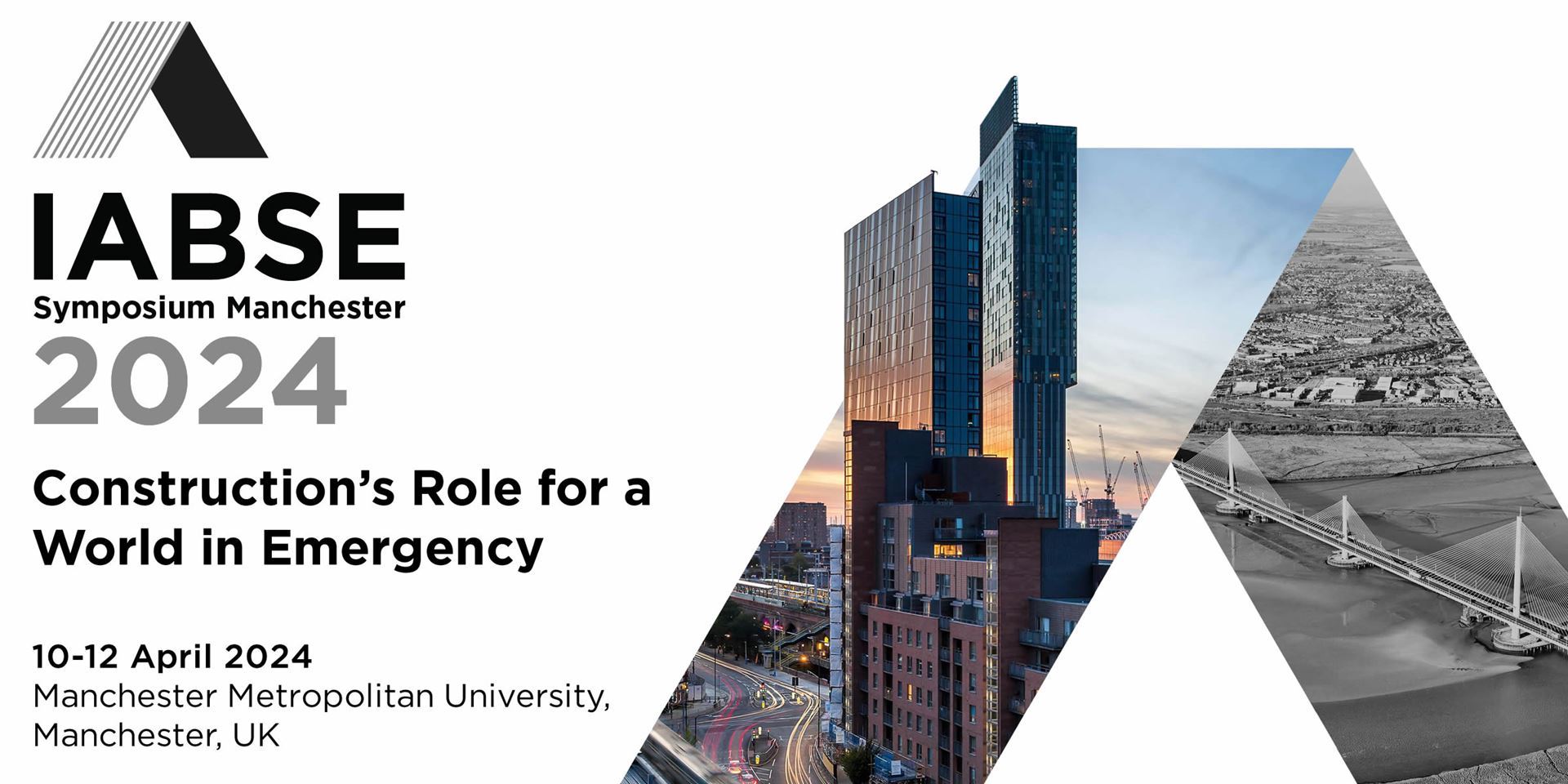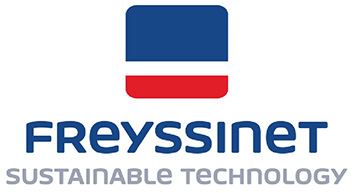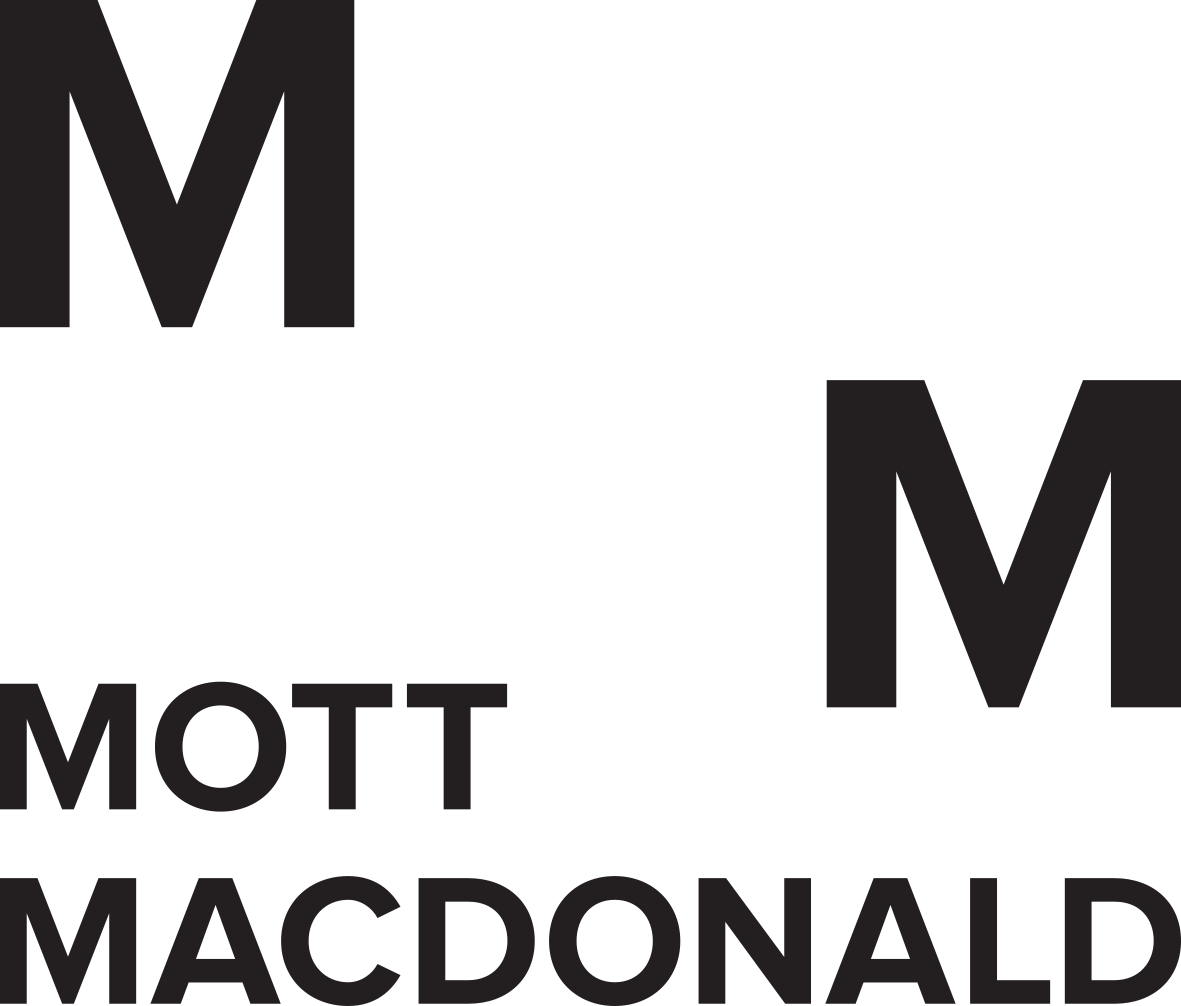Menu
Log in
Supported by |
|
|
|
The official charity for the Symposium is Bridges to Prosperity, who build, and facilitate the building, of pedestrian bridges in remote rural communities, making connections to create opportunity for millions of people for whom isolation is a root cause of their poverty. They will have a stand at the exhibition so go and find them to learn more about the amazing life-changing work they do. |
Sponsors
IABSE | Have a question?
|





-bridges%20to%20prosperity.png)









